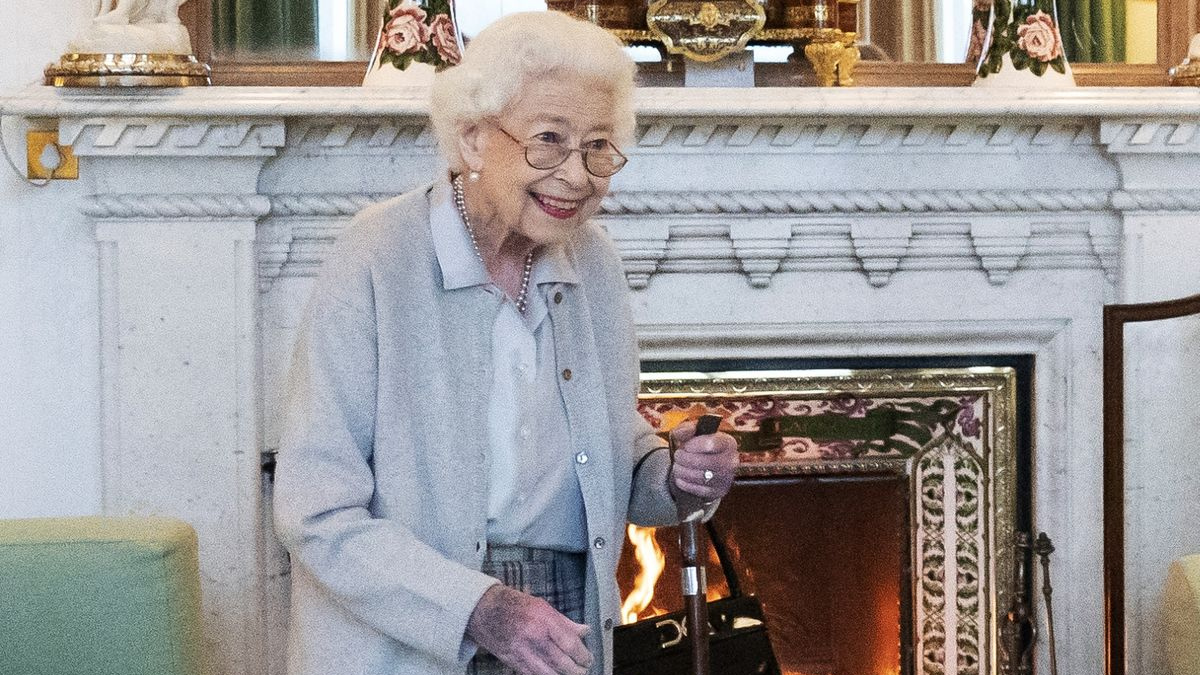England’s energy price cap has risen by 12%, affecting some 15 million customers. Putting this into context, households across the country will be forking out an extra £100 a month, making the average bill cost around £1,277.
The rising cap on bill tariffs means those with default tariffs will pay an extra £139 while those on pre-payment meters will be charged an additional £153 per month.
This change comes after soaring global gas prices were reported in February of this year.
In January 2019, British Prime Minister Theresa May ordered for “rip-off” prices charged by energy companies to be lowered – hence the price cap.
However, following an increase in the price cap level [announced in February 2021], suppliers raised their prices for customers on default tariffs. Since then, Ofgem stated that a further increase to the price cap was needed, taking effect in October!
The End Fuel Poverty Coalition has since made a stark warning that fuel poverty could become ‘endemic’ in the UK. It published a map showing the worst affected places in England.
Worst affected:
- Barking and Dagenham
- Stoke-on-Trent
- Newham
- Waltham Forest
- Kingston upon Hull
- Sandwell
- Wolverhampton
- Birmingham
- Manchester
- Norwich
Least affected:
- Bracknell Forest
- Runnymede
- East Hampshire
- Torridge
- South Hams
- Hart
- Wokingham
- Fareham
- Surrey Heath
- Spelthorne
The report mentions that the sum of households in fuel poverty could rise from 4.1million to 5.3million.
According to the coalition, the borough in England facing the worst fuel poverty is Barking and Dagenham, closely followed by Stoke-on-Trent and Newham.
Simon Francis, co-ordinator of the End Fuel Poverty Coalition, said: “The latest rises in wholesale prices means that we face the possibility of more households facing fuel poverty than ever before.
“And with fuel poverty comes increased risks of suffering the worst effects of respiratory illnesses, such as Covid-19.
“Indeed, when combined with the increase in general prices caused by inflation and Brexit supply issues, we face the real possibility of fuel poverty becoming endemic in our society.”
Joe Malinowski, of The Energy Shop, a comparison site, said: “The market has completely dried up. If wholesale prices stay at this level for much longer, we can expect the next price cap increase in April to be a rise of around £300 to £400.
Asked if customers should consider switching, and if that would make a difference, Mr Malinowski said:
“No. Wait it out, don’t panic and don’t be hoodwinked into signing up to a fixed deal which will cost you hundreds of pounds more in the long run”.
“You can’t get a deal anywhere near the price cap at the moment.
“Wholesale prices will eventually drop, we just don’t know when. When they do, you don’t want to be stuck on a fixed deal you locked into when prices were at record highs and which was significantly more expensive than the price cap.”
How can you avoid price rises?
The simple answer is you can’t. However, there’s currently a government scheme which allows those who are currently employed, but working from home, a temporary tax break.
This scheme has been going since April last year, it allows employers to pay workers up to £6 a week tax-free to cover additional costs such as increased energy bills. Therefore, you can ask HM Revenue & Customs to deduct the amount from your taxable income (and save money).
This relief also applies to previous weeks you worked from home due to Covid, dating back to March 2020 when the first lockdown began.
Basic-rate taxpayers can claim £1.20 a week in tax relief, equating to 20pc of £6, while higher-rate 40pc taxpayers can claim £2.40 a week. Over a year, this comes to £62.40 for basic-rate payers and £124.80 for higher-rate payers.
Another piece of advice would be: switch to a smart meter where possible, as that gives a more reliable reading.
Smart meters are great because they provide users with information in real-time. This enables customers to see their usage at certain times and adapt their energy consuption to off-peak times when it will be cheaper. An example of this would be doing your washing late evening as opposed to during the day.
England right now is going through a lot with Covid, shortages of lorry drivers and petrol (the latter caused by panic buyers). There’s even talk of a shortage of toys and turkeys this Christmas. Let’s hope for better days! My advice is: plan early, order from now if possible.
